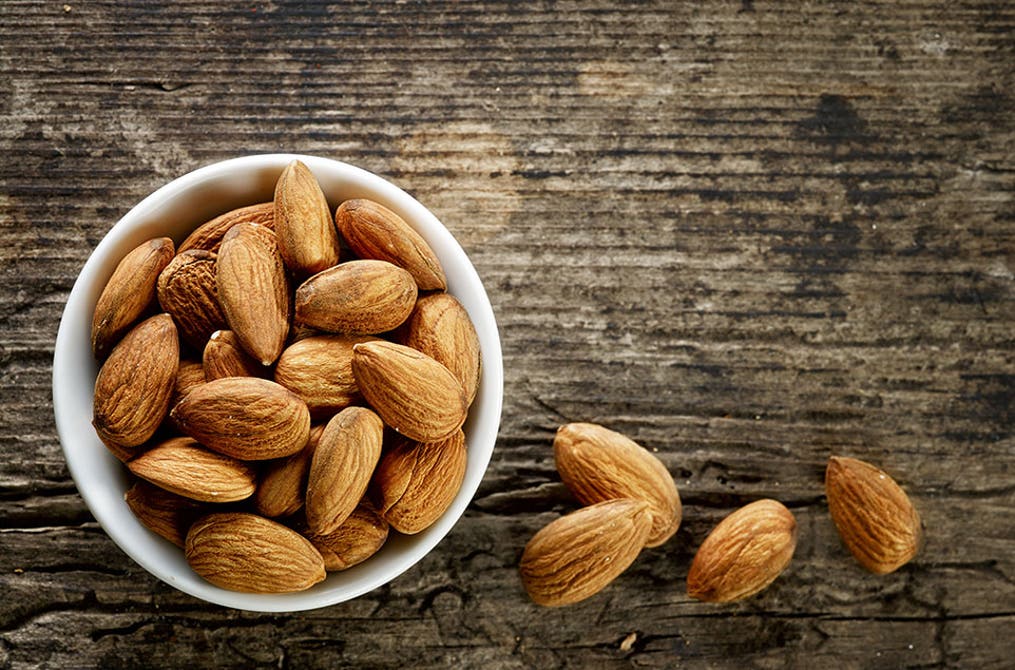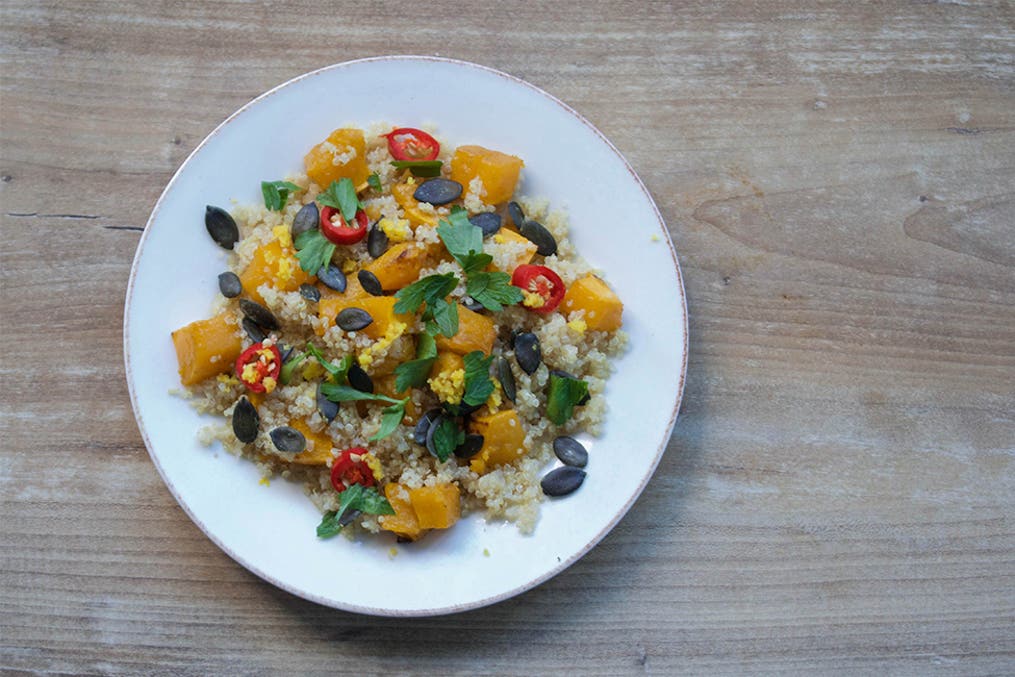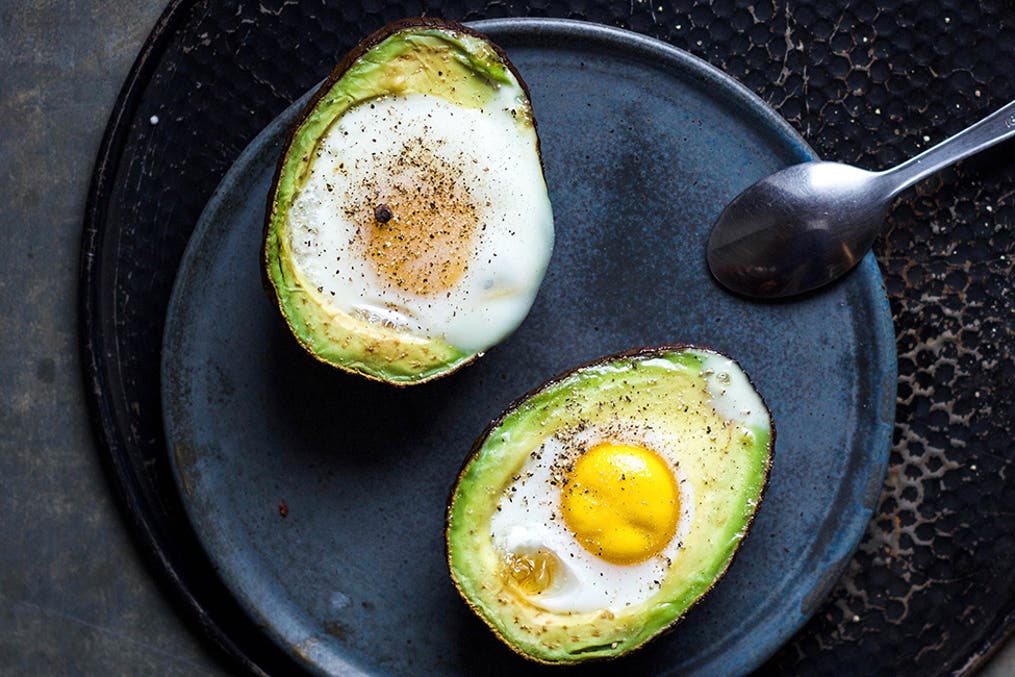Free athletes are free people. We like to experience new places, culture and activities, and this often involves travel. Traveling can take its toll on the body, as it often involves lots of sitting and inconsistent eating. Luckily, we have some simple, yet effective, nutritional tips to make your travelling experience, just as good as your final destination.
Hydrate
Everything that helps you in fighting dehydration is good to eat or drink before, during and after a long flight. Tea, water and pure fruit juices are the perfect in-flight beverages. Water-rich fruits or vegetables, like watermelons and lettuce, help against dehydration too.
Should you embrace or avoid caffeine?
Caffeine should be avoided if you arrive in you destination after noon, even if it would still be morning according to the rhythm you’re used to. Caffeine takes six to eight hours until it is fully digested and until it doesn’t have any effects on us anymore. A coffee in the afternoon makes it much harder to adapt a new rhythm as it will disturb our sleep. Can’t live without coffee? Why not try matcha instead? It’ll give you that energy kick without the sleepless night that usually follows.
Party on the plane?
Although alcohol is thought to help us fall asleep faster, it disrupts our REM sleep, a kind of sleep that occurs at intervals during the night and is characterized by rapid eye movements, more dreaming, bodily movement, and faster pulse and breathing. Without REM sleep the body is unable to complete full a sleep cycles and won’t be able to rejuvenate. We’re likely to wake up feeling terrible after an alcohol laced sleep: that, in combination with the liver fighting off the alcohol, is why you get hangovers.

Energy foods are key
Roasted vegetables, leafy greens, whole-grain pasta or healthy fats found in avocados or nuts work as energy boosters if we are tired. Treat yourself to energy packed meals before leaving home. Taking the time to cook and be present will also allow you to leave behind some of that pre-travel stress.
Antioxidants
Eating berries can help fight jet lag as they consist of phytonutrients, antioxidants, fiber and water. Fiber helps with regularity and antioxidants decrease inflammation associated with dehydration.
Tryptophan
Eating carbs like pasta, potatoes or rice for dinner or chia seeds, hemp seeds, banana, almonds and yogurt for breakfast provides our body with tryptophan. Tryptophan is a critical nutrient because it’s the precursor to your body’s serotonin production and supports your sleep.

Melatonin
Cherries are the food source with the highest amount of melatonin--the sleep hormone and star of the show when it comes to getting great sleep. But traces can also be found in walnuts, ginger roots and asparagus. Pineapple, tomatoes, banana and oranges have been found to naturally boost the body’s melatonin levels. If we are jet lagged, melatonin can help us to sleep by creating optimal conditions in your body for getting amazing rest.
Vitamin B12
Milk, cheese, eggs and meat are rich in vitamin B12. Studies show that Vitamin B12 plays a role in regulating our internal clock and circadian rhythm. But be weary, too much of these foods can also make you gassy, so keep your travel neighbors in mind before eating a whole block of cheese! If you’re vegan, it is a good idea to supplement vitamin B12. Make sure to do research, and talk to your physician before taking new supplements.

With focus on good nutrition, travels can change from a stressful event into an enjoyable one.